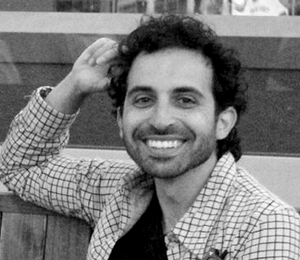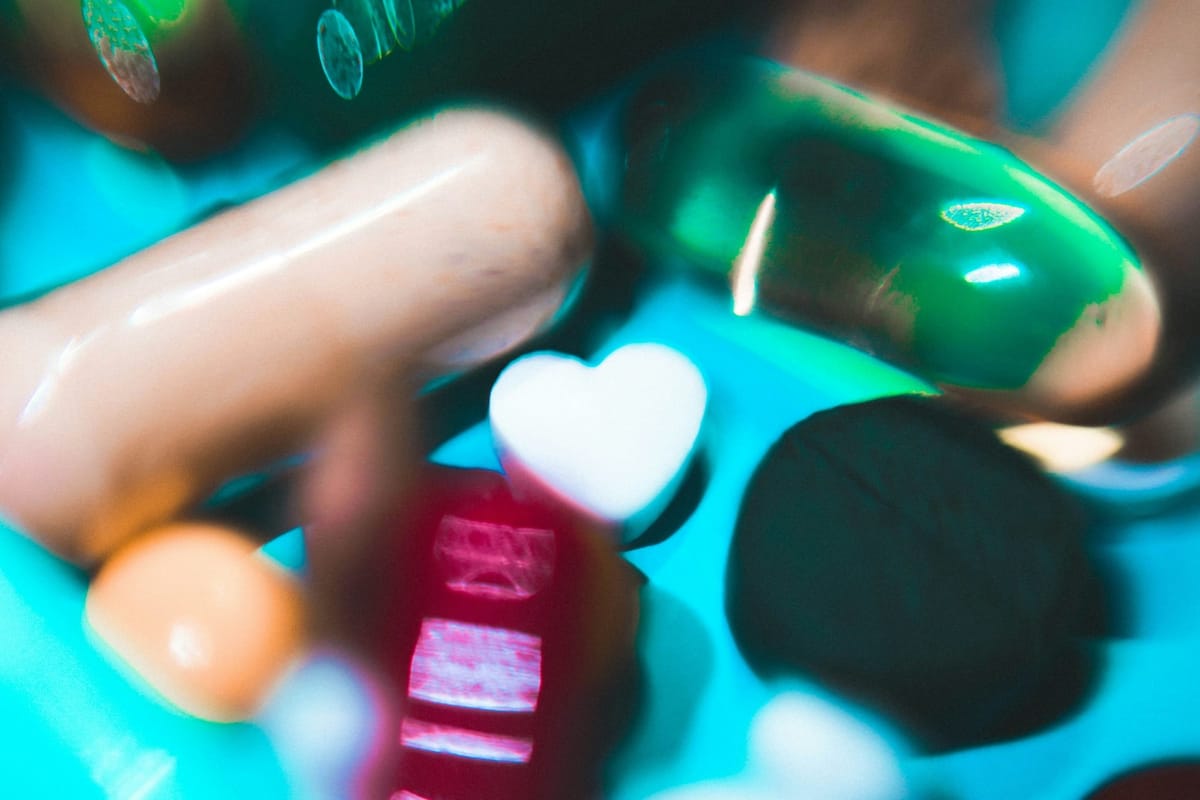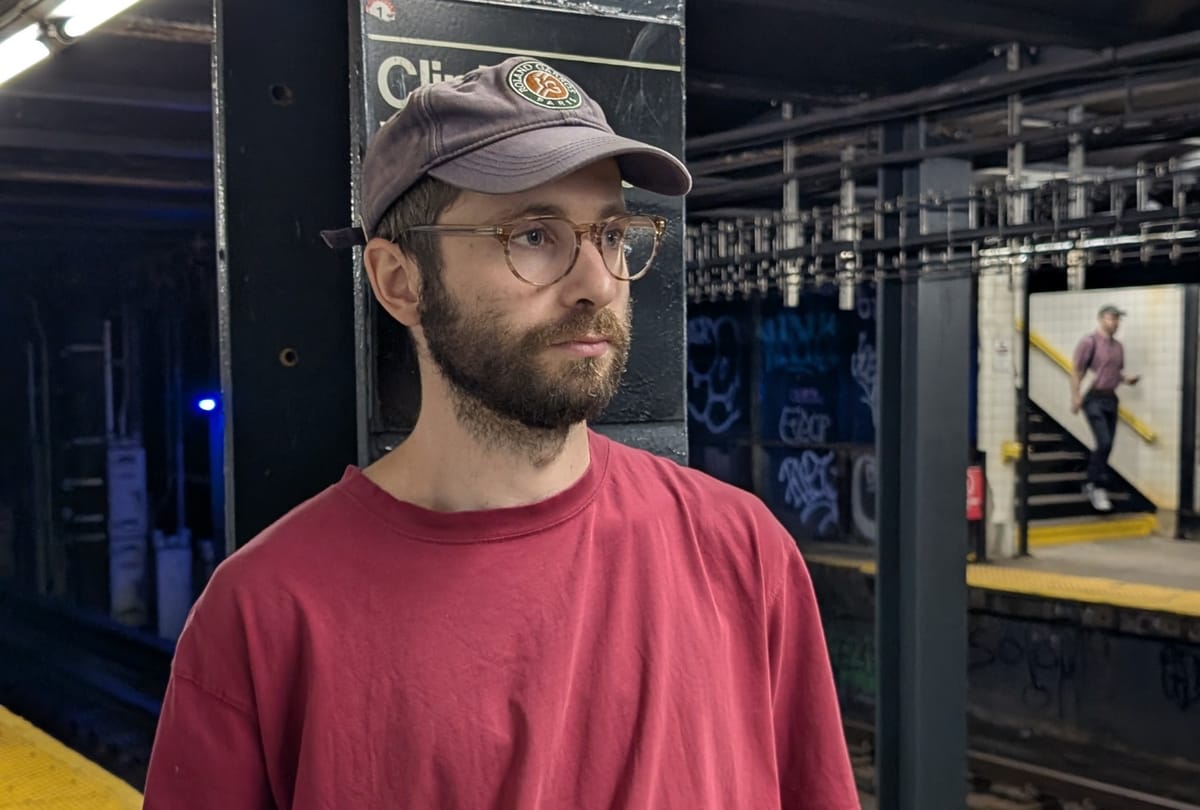Content warning: self-harm and sexual assault.
Yesterday, June 4th, an advisory committee convened to discuss whether to recommend that the US Food and Drug Administration (FDA) approve MDMA psychedelic-assisted therapy for post-traumatic stress disorder (PTSD) when the agency renders a decision this summer. The drug application's sponsor, Lykos Therapeutics, a biopharma company focusing on mental health treatments, had led two Phase 3 clinical trials combining MDMA with a therapy philosophy allegedly rooted in controversial New Age ideas. The advisory committee invited members of the public to speak. More than 30 individuals shared their testimony in favor or against approval.
Rather than a straightforward, dusty bureaucratic session, the hearing was eye-opening, puzzling, fascinating, and profoundly sad.
The basic argument in favor of approval is that MDMA-assisted therapy offers a new and adequate solution for an illness desperately in need of one. The argument against approval was more complicated.
Committee experts recognized that the data and positive testimonials were very encouraging, but they flagged potentially major issues:
1) the trials were “functionally unblinded,” introducing bias in patients and therapists who knew whether they were receiving the psychedelic treatment. This especially complicates things if they have used MDMA before — 40% were previous users of MDMA, which “stacks the deck,” in the words of one member of the meeting.
2) a lack of data on diverse populations and people with severe PTSD
3) gaps in data, including safety data
4) Then, perhaps most importantly, reports of alleged misconduct during the clinical trials pertaining to the therapy procedures
Trial administrators have been accused of sexual assault and omitting adverse events such as post-treatment suicidal ideation. Experts are concerned about the trial’s integrity, and session participants pointed out that the physical assaults alleged during therapy stem from Lykos’ therapeutic philosophy. Physical touch heightens the emotional dynamics from MDMA. The New Age-y philosophy presumes to be able to unlock repressed memories, but critics argue that the process can retraumatize patients.
More than one speaker likened this therapy to a cult and questioned the problematic past of its leading figures (see below). Tethering MDMA to this therapy troubled them.
One problem for those hoping to access MDMA legally is that this application integrates the drug and the therapy. The FDA process is not designed to handle a drug and therapy application — particularly when the therapy is considered by some to be “mystical.” (“In many ways we're creating a new field of medicine,” one representative from Lykos said during the meeting.)
Nevertheless, the positive accounts were important. They are important. The psychological healing and positive experiences shared in testimonials at the hearing matter discussing a mental illness that too often results in self-harm. As you scroll below, you’ll see snippets, blurbs, or notes I made on these speakers’ accounts. The speakers are members of the public and none were members of the advisory committee. However, many were discipline experts. No individual testimony stands alone: It's important to recognize the potential to provide care to millions of people dealing with inadequately treated PTSD, but we can’t overlook this trial’s problems.
Is this the most appropriate opportunity to prove, approve, or begin to market MDMA as a therapy?
Speaker 1: This speaker, representing the Wounded Warrior Project, a charity and veterans-service non-profit, highlighted the positive potential of MDMA to address “invisible wounds of service.” He pointed out the challenges of veterans seeking traditional care from Veterans Affairs.
Speaker 2: A professor of medicine who received research funding from Lykos more than two years ago, but was not paid to participate in the hearing, said:
“After every shift, I walk around my ICU and ask myself what proportion of my critically ill patients are there because of underlying PTSD that is untreated or undertreated. Some days I count 100%. Liver failure due to alcohol abuse due to PTSD. Pulmonary or cardiac failure due to tobacco due to PTSD. Sepsis due to injection drug use. Cardiac arrest due to fentanyl. Trauma due to violence. Undiagnosed HIV due to stigma. Suicide attempts. It goes on and on. PTSD is an underlying driver for much of our disease burden broadly”
Speaker 3: An investigative journalist with several years of experience reporting on Lykos. He claimed to have been “demonstrably lied to” by Lykos:
“I’ve fielded disclosures of sexual abuse that happened on Lykos’ watch. I've observed gross mishandling and misrepresentation of clinical trial data. I've seen evidence that leadership sexually and financially exploited donors and I've cataloged Lykos’ long-term strategy to mainstream its interventions through appeal to the VA and the DOD, while simultaneously exploiting its own volunteer veterans,” he said. “I do not trust Lykos to spearhead a new industry of psychedelic pharmaceuticals.”
Speaker 4: An individual who lived with PTSD had tried a litany of treatments to no avail, until MDMA-assisted therapy. “I was on a slow downward spiral that I knew would end my life,” he said. “I count myself incredibly lucky to have been through this treatment, and exceptionally optimistic for what it can do to help others like me.”
Speaker 5: A bioethics researcher who claimed that the community has been “misled” by Lykos, which reportedly bases its therapy on controversial spiritual teachings. “Lykos has obscured its intervention,” she said, adding that the on-camera physical assaults are features, not bugs, of the intervention and referring to the organization as a “therapy cult” on one slide of her presentation. “The most significant harms in Lykos’ clinical trials were not caused by MDMA, but by the people who were entrusted to supervise its administration.”
Speaker 6: A senior researcher of public health who could not overlook the potential bias from functional blinding. Quoting the briefing materials, he said, “the contribution of the likely expectation bias cannot be discounted, while it also cannot be quantified.” He urged a “no” vote.
Speaker 7: A council chair from the American Psychiatric Association questioned the validity of positive data from participants who had already previously used MDMA.
Speaker 8: A representative from the People of Color Psychedelic Collective who entered the psychedelic field as an enthusiast.
“Yet we know when we love something, you must critique it,” she said. The limited inclusion of non-white participants in the trials jeopardized our understanding of how this actually affects the population at-large. “I hope that after this hearing, the field starts to hold itself to a higher standard.”
“The concerns I share today aren't about the safety of MDMA, but rather the people who have been administering and supervising this medicine, harms and misconduct will scale if they're allowed to train and certify therapists.” - Speaker 11
Speaker 9: A psychology researcher who called in from Australia around 4:00AM local time.
“I would rather not be awake right now. But I am deeply concerned about the Lykos model of MDMA-assisted therapy,” she said. Referencing the Lykos therapeutic manual and its references: “Controversial New Age psychiatrist Stan Grof comes up 14 times in the therapy manual. He believes all psycho-pathology is rooted in traumas in the birth canal.” She argued for developing a different therapeutic manual to combine with MDMA based on contemporary evidence-based research.
Speaker 10: Co-founder of the Veteran Mental Health Leadership Coalition and executive director of reason for hope. In his personal battle with mental illness, he has found MDMA-assisted therapy benefits to outweigh the risks.
“I appreciate the thoughtful questions the committee has asked in evaluating this very challenging and novel application. However, I urge that you not lose the forest for the trees.”
Speaker 11: Similar to Speaker 5, this speaker described the company as “a therapy cult that uses the application under review to further mystical and utopian goals.” He also noted allegations of omission of adverse events.
“The concerns I share today aren't about the safety of MDMA, but rather the people who have been administering and supervising this medicine, harms and misconduct will scale if they're allowed to train and certify therapists.”
Speaker 12: A pastor and self-described “former psychonaut,” who appreciates the potential psychedelic therapy.
“I do fully support people who got healing in this trial or elsewhere from psychedelics, and I support continuing research into MDMA therapy. But while Lykos leadership may envision a spiritualized humanity, in this very study Lykos treated the people who were harmed under their care with a falsely spiritual inhumanity,” he said.
Speaker 13: A man describing the “most terrifying” time of his life immediately after MDMA-assisted therapy. He provided an account to the dangers of the therapy component of this MDMA-assisted therapy.
“The experience has completely derailed my life,” he said. “There is zero support for people like me, and absolutely no safety net in place.”
Speaker 14: A representative from the group Black Therapists Rock who spoke about her own trauma and positive experience with MDMA-assisted therapy.
“Traditional talk therapy is like riding a bicycle towards healing compared to psychedelic-assisted therapy, which is like riding a motorcycle. In terms of racial trauma, MDMA-assisted therapy offers a significant beacon of hope,” she said.
Speaker 15: A director speaking on behalf of the organization Disabled American Veterans who has lived with PTSD.
“Post Traumatic Stress Disorder is among the signature wounds of war,” she said. “Our nation and federal government have a solemn duty to turn over every stone to find better, more effective treatments.”
"PTSD is an underlying driver for much of our disease burden broadly" - Speaker 2
Speaker 16: A veteran and former consultant to Lykos who healed his PTSD thanks to MDMA-assisted therapy. He described many “tests” of his healing, such as helping his son deal with his own PTSD.
“But my ultimate test,” he said, was in going back to a warzone by traveling to Ukraine to provide humanitarian and medical support. He emphasized that the therapy saved his life and could save countless others. “Today you will vote on whether my friends live or die.”
(Note: The advisory committee’s vote is non-binding advice to the FDA)
Speaker 17: A former trial participant who came out of it as “a different, better, stronger and more courageous version of myself.” She felt more connected to herself and found her faith restored.
“Psychedelics are often misunderstood as a magic pill. In reality, the medicine is a vehicle, yes, but the patient is doing the work.”
Speaker 18: Another man dealing with severe PTSD who had favorable things to say about the entire process — drug and therapy.
“MDMA enhances therapy yet regulators only evaluate the drug,” he said. “Strong regulatory support can prevent systemic issues and unintended harm. Current clinical trial frameworks may not suit psychedelic research, perhaps it's time to update our scientific gold standards.”
Speaker 19 - “I have personally witnessed the transformation and healing that these patients experience,” said a cofounder of the psychedelic therapy company Sunstone.
“Within the very first hour of the MDMA session, I felt an intense sense of repair, a spontaneous rewiring of my mind to body." - Speaker 28
Speaker 20: A survivor of PTSD speaking to highlight four instances of alleged misconduct, such as omitting of adverse events and promoting off-label use. The speaker also accused the Lykos founder of wanting to violate the Nuremberg Code with a proposal to enroll Ukrainian refugees of war in a trial given their unique circumstance.
Speaker 21: A pharmacologist described the science behind MDMA’s action. Despite concerns, he suggested approving the application with the right Risk Evaluation and Mitigation Strategies (REMS) in place.
The REMS being discussed for this application include having two licensed therapists present during treatment, and video surveillance unless explicitly rejected by the patient.
Speaker 22: A potential competitor to Lykos spoke in favor of approval, highlighting patient vulnerability while arguing that the treatment would be safe under medical supervision.
Speaker 23: A military veteran who said he was grateful that the treatment gave him a new life.
“It helped give me compassion for myself, and allowed me to see my experience in Afghanistan in a new light. One that didn't blame me for being a bad guy that did horrible things. That helped ease my mind in public, helped me get better sleep, have better relationships, and live what feels like a completely new life,” he said.
Speaker 24: (This speaker was not present)
Speaker 25: This person had long served as an army psychiatrist asserted that “we must confront this trauma tsunami head-on.”
“As the national suicide epidemic reminds us,” she continued, “time is not our friend.”
Speaker 26: Here, a proxy read a troubling statement from a participant who described being abused and traumatized by the therapy (as previously reported). According to the statement, “these practices included being blindfolded, gagged, pinned, cuddled, and caressed. All things I specifically indicated I did not consent to prior to MDMA dosing. Video evidence confirms physical and sexual assaults within those active sessions. I became suicidal during the trial leading to a near miss attempt. Lykos was informed and chose not to document it.”
Speaker 27: A man described living with paralysis and PTSD and spoke in support of people who could benefit from the treatment.
Speaker 28: A woman described that failing traditional pharmaceuticals and treatments throughout her life left her feeling “like a lab rat.” She self-medicated with alcohol but eventually found the Lykos trial.
“Within the very first hour of the MDMA session, I felt an intense sense of repair, a spontaneous rewiring of my mind to body. The effects were immediate. The emotional flooding vanished,” she said. “The best aspect of this medicine is that I no longer need it.”
Speaker 29: A veteran longing for a new way to heal found himself in a darker place early in the trial, and later learned that he had received a placebo. “I had no idea,” he said. Once in the medicated portion of the crossover study, he felt the benefits. “I finally have been able to heal and remain in a healed state beyond just a few months.”
“I do not trust Lykos to spearhead a new industry of psychedelic pharmaceuticals.” - Speaker 3
Speaker 30: A man described a painful account of his trauma from a violent home invasion, along with his quest to process and overcome his PTSD. He has met tens of thousands of individuals with PTSD.
“All of these individuals hold out hope for the same thing I do, for additional treatments and viable options like the treatment you are reviewing today to help us move beyond the debilitating injurious impacts of PTSD,” he said.
Speaker 31: A representative from the Veterans of Foreign Wars of the United States spoke in favor of the application, noting that it’s been more than 25 years since a new PTSD treatment was approved.
Speaker 32: A participant from the MDMA trial had spent years looking for an adequate solution that addressed her core traumas.
“I acknowledge that MDMA therapy may not be effective for everyone, I strongly advocate for equal access to treatment for all individuals,” she said.
Speaker 33: The executive vice president of mental health nonprofit Mental Health America echoed Speaker 32’s thoughts: “There remains so much unmet need. That's why it is so important to consider and to approve novel treatments.”
The advisory committee voted “no” on questions about benefits outweighing risks to the FDA. The vote is nonbinding, so the FDA can still decide to approve or reject the application.
Full session video here:



